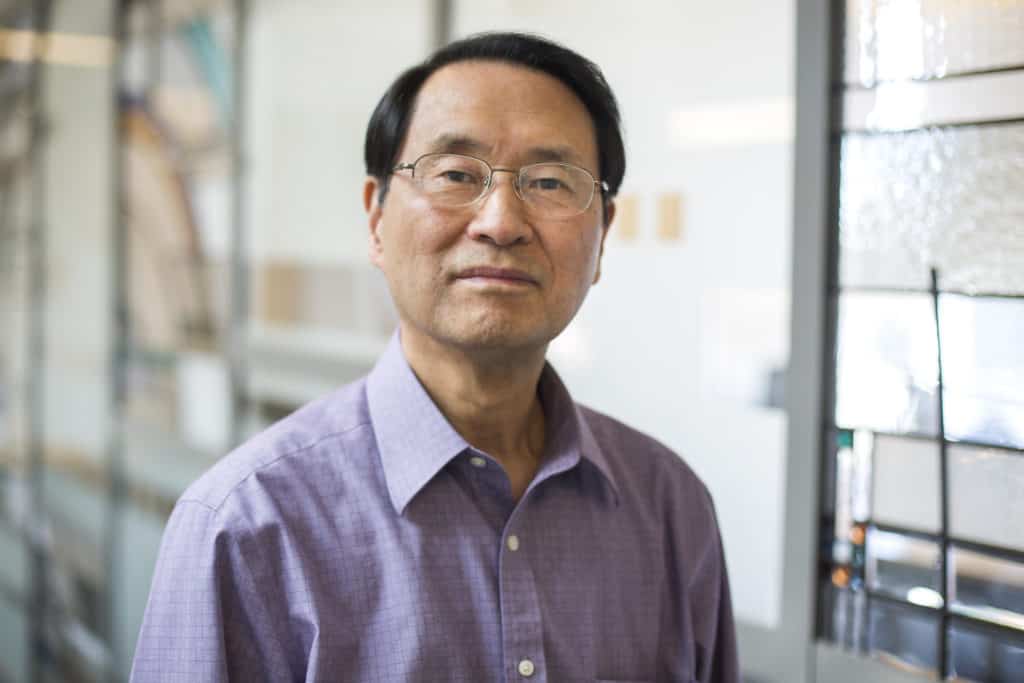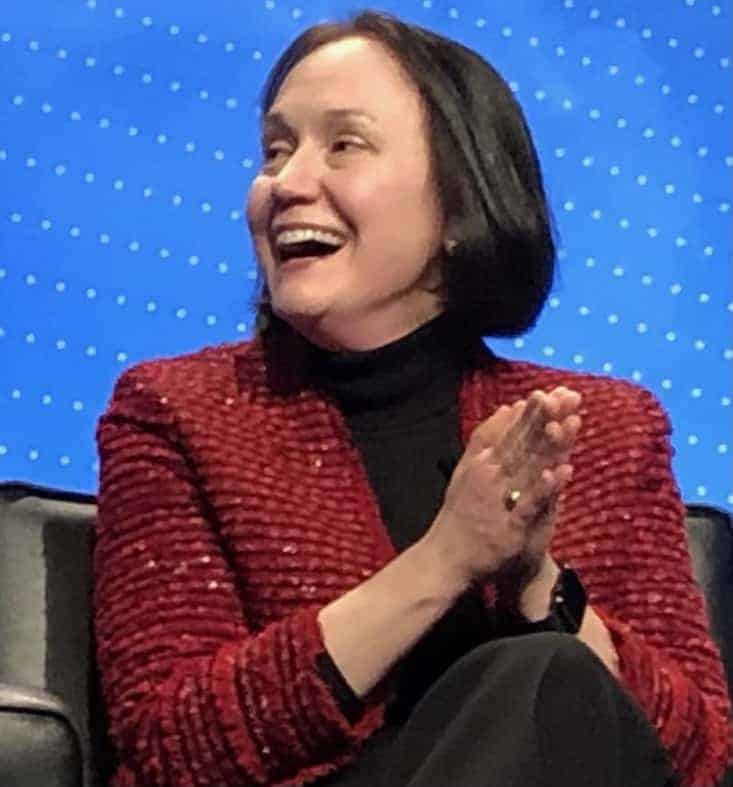
Todd Allen, John Lee, and Kristine Svinicki supporting National Academies Studies
The studies are centered around advanced nuclear, fuel, and threats.

The studies are centered around advanced nuclear, fuel, and threats.
NERS Professors Todd Allen, John Lee, and Kristine Svinicki are all supporting nuclear-related studies being conducted by the National Academies of Sciences, Engineering, and Medicine. Allen and Lee’s studies are centered around nuclear energy and are sponsored by the Department of Energy, while Svinicki’s study focuses on nuclear threats and is sponsored by the Department of Defense.

Todd Allen
Glenn F. and Gladys H. Knoll Department Chair of Nuclear Engineering and Radiological Sciences, Professor, and Phoenix Project Director
Laying the Foundation for New and Advanced Nuclear Reactors in the United States
Nuclear reactors can provide low-carbon energy, and advanced nuclear technologies could play an important role in moving the United States towards a zero-carbon future. Next-generation nuclear reactors have the potential to be smaller, safer, less expensive to build, and better integrated with the modern grid. However, the technical, economic, and regulatory outlook for these technologies remains uncertain. This study will assess the future of new and advanced nuclear reactor technologies and identify the opportunities and barriers to commercialization.
“With multiple advanced reactor vendors aiming to build demonstration plants within the next decade, this is a timely study that will provide a detailed assessment of the technology, regulatory, and social opportunities and challenges facing these developers,” said Allen.

John Lee
Emeritus Professor
This study responds to a congressional mandate in the FY2020 Appropriations Act’s Conference Report in the subsection titled “Used Nuclear Fuel Disposition R&D,” which calls for the Academies to “evaluate the merits and viability of different nuclear fuel cycles and technology options, including both existing and future technologies” and will examine “the waste aspects of advanced reactors.” The study will result in a report produced by a committee of experts convened by the Academies. The report will contain consensus findings and recommendations to advise the Department of Energy, Congress, and other relevant stakeholders.

Kristine Svinicki
Adjunct Professor
This study responds to a congressional mandate in the FY2021 National Defense Authorization Act, which calls for the National Academies to address the adequacy of strategies to prevent, counter, and respond to WMD terrorism, and identify technical, policy, and resource gaps. The nuclear assessment will identify national and international nuclear risks, and critical emerging threats and make recommendations directed toward preventing state-sponsored and non-state actors from acquiring or misusing the technologies, materials, and critical expertise needed to carry out nuclear attacks, including dual-use technologies, materials, and expertise, as well as countering and responding to such attacks, should they occur.
“The NAS has gathered an impressive Committee of national security experts to undertake this contemporary assessment of the nuclear threat landscape,” commented Svinicki. “I am eager to join them in tackling such a significant undertaking, with the goal of providing useful insights to policy-makers in Washington.”
The nuclear threats study will result in a consensus report to advise Congress and relevant government agencies.